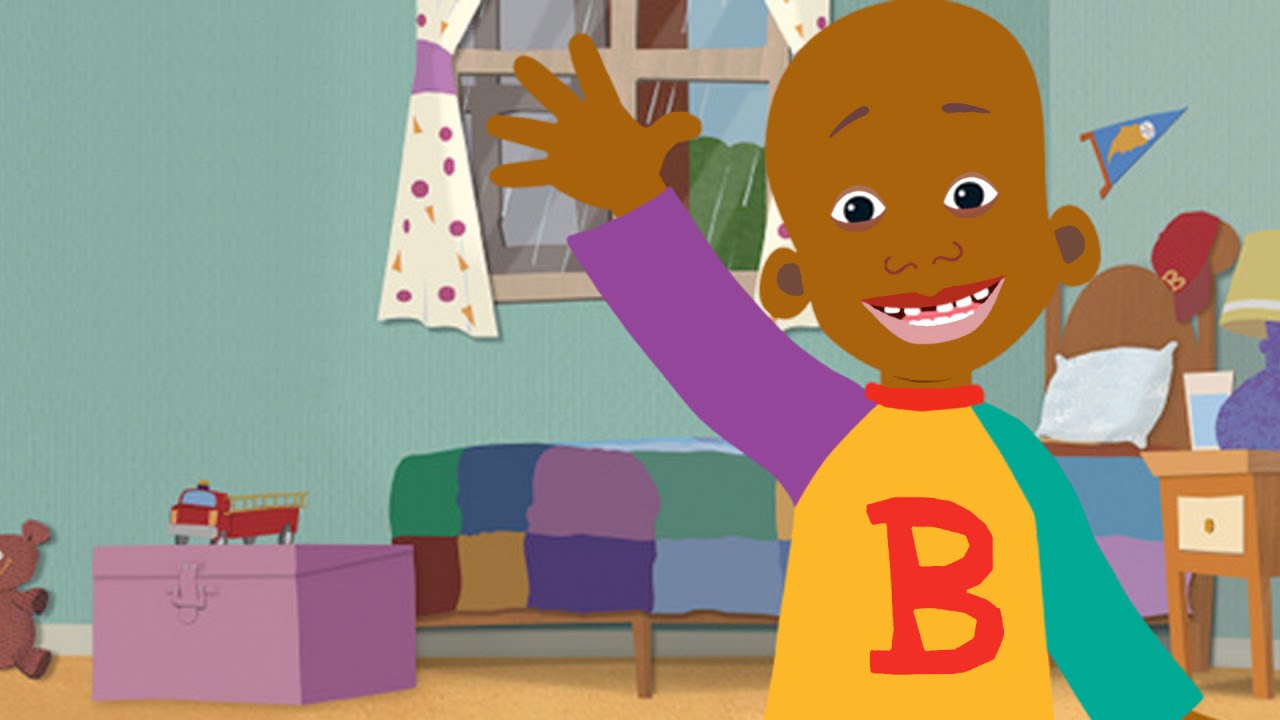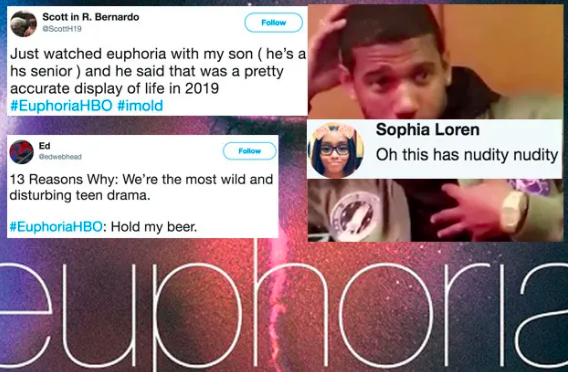
Circulating on platforms such as TikTok, Twitter, and Instagram over the past few months has been the praise and admiration of what has been titled the “good for her” movie genre. While this genre can be empowering, there are a few films that fit into it for the wrong reasons. Some prime examples of these “wrong fits” are Gone Girl, Midsommar, The Invisible Man, and Promising Young Woman.
The “good for her” genre typically consists of a powerful female role that fights against abuse or sexism at the hands of men and society. However, lately the genre is associated with films with women that have been wronged, typically in a way involving sexual assault, exploitation of sex, or cheating and getting revenge for it. Kaiya Shunyata explains the meaning behind the genre in the article “We Need to Talk About the ‘Good for Her’ Genre.” As Shunyata explains, the “good for her” trope can have powerful meanings, such as the leading woman in The Invisible Man, where the lead defeats her abuser. However, platforms have switched this idea of empowerment into crazy revenge schemes against abusers. The prime example used in these twisted ideas of “good for her” genres is Gone Girl. After being cheated and abused in her marriage, the leading chracter Amy Dunne frames her husband for murder while watching him break down from afar. While it is all well and good to leave your abusers, becoming a vengeful murderer is not the way to do it and is not the femimist icon we all need. Another critique about the new view on the “good for her” genre is that all of the leading female characters being praised for murder are all white, heterosexual, and fit the beauty standard. Would the reaction be the same if the leading female was a woman of color, did not fit the beauty standard, or if she was a part of the LGBTQ+? Arguably, the response would not be the same and these characters would not be seen as icons.
The view that these criminal behaviors, such as murdering your cheating husband, is okay because it is for revenge is not empowering in the way that some think it is. It is not okay to praise a crime just because the perpetrator is white or fits your standard of beauty.







